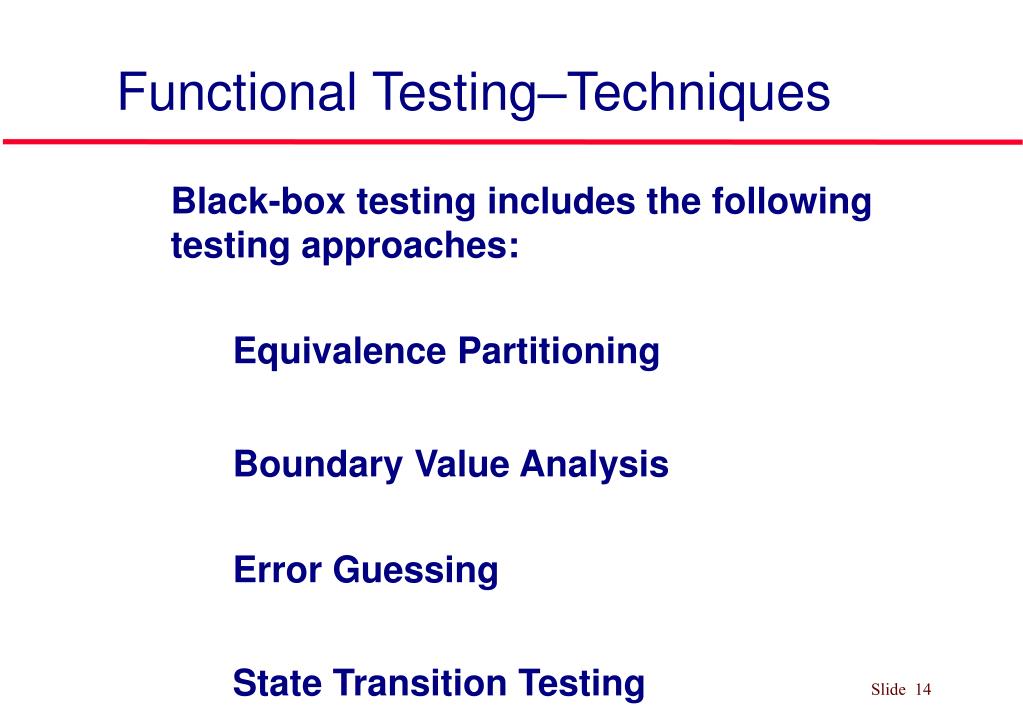Introduction
In the quickly evolving landscape of artificial intelligence (AI), the most transformative breakthroughs have been AI-driven program code generation. AI computer code generation tools guarantee to streamline application development, reduce costs, and enable developers to focus upon higher-level problem-solving. On the other hand, ensuring the functionality involving these AI-generated unique codes is paramount to their success. Functional assessment, a process that will validates that computer software operates according to be able to specified requirements, plays a critical position in this acceptance process. This post explores case research of successful functional testing in AI code generation assignments, highlighting guidelines, difficulties, and lessons mastered.
Case Study 1: Automating Web Enhancement with AI
Background
A prominent tech company sought to be able to leverage AI in order to automate the technology of front-end website development code. Typically the goal was to reduce the time invested in repetitive coding tasks and improve total efficiency. The AJE model was educated on vast datasets of HTML, WEB PAGE, and JavaScript code snippets.
Functional Testing Approach
To ensure the generated program code met the necessary requirements, the company implemented a rigorous useful testing framework. This specific included:
Automated Product Testing: Each AI-generated code snippet has been subjected to automated unit tests to verify individual components. The particular tests were developed to make certain that each HTML element had been correctly structured, CSS was applied correctly, and JavaScript features executed not surprisingly.
End-to-End Testing: The team used end-to-end testing frames like Selenium to be able to simulate user connections with the website pages generated by the particular AI. This guaranteed that this web web pages were not only syntactically correct but in addition functionally sound whenever accessed through some sort of browser.
Cross-Browser Abiliyy Testing: Since website development must accommodate to different web browsers, the company examined the AI-generated code across multiple internet browsers, ensuring consistent conduct and look.
Outcome
The functional testing structure was instrumental within identifying and repairing numerous issues throughout the AI-generated program code. The project found a 40% reduction in development time with no compromising quality, demonstrating the effectiveness regarding robust functional tests in AI-driven web development.
Case Study 2: AI throughout Backend API Technology
Backdrop
A new venture focusing on API development was executed to use AJE to generate backend program code for RESTful APIs. The AI model was trained in order to generate code in popular backend dialects like Python plus Node. js based on API requirements provided by builders.
Functional Testing Approach
Given the crucial role of after sales APIs in application functionality, the new venture prioritized a complete functional testing approach:
Contract Testing: Typically the generated APIs have been subjected to agreement testing to assure they adhered to be able to the specified API contracts. This involved validating that typically the endpoints, request/response platforms, and error rules matched the predetermined contracts.
Load Assessment: To ensure the generated APIs could handle real-world traffic, the staff conducted load tests using tools just like JMeter. This helped identify performance bottlenecks and ensure the APIs could level under heavy loads.
Integration Testing: Since APIs often connect to other services, the use testing was carried out to verify the AI-generated APIs could seamlessly integrate together with databases, authentication services, and other third-party APIs.
Outcome
Typically the startup successfully implemented multiple AI-generated APIs into production. Efficient testing not simply ensured the correctness of the APIs but also superior their reliability under load, resulting within a 30% increased client satisfaction and even a 25% lowering in post-deployment insect reports.
Case Study 3: AI-Driven Cellular App Development
Backdrop
A global mobile iphone app development company desired to use AI to automate the generation of code with regard to Android and iOS apps. The AJE model was trained on extensive datasets of mobile software source code, with the goal involving reducing development as well as improving consistency around platforms.
Functional Tests Approach
Given the particular complexity of mobile app development, the business implemented a multi-layered functional testing method:
Unit Testing: The particular AI-generated code regarding app components seemed to be subjected to product testing to guarantee each function and even class performed since expected. The assessments focused on confirming the correctness regarding the business common sense implemented by AJE.
UI Testing: Given that user experience will be critical in mobile phone apps, the staff used tools such as Appium to conduct UI testing. This involved simulating user interactions, like going buttons and moving screens, to ensure the app’s interface behaved because intended.
Device Assessment: The AI-generated software were tested about a wide variety of devices, including different models involving Android phones and iPhones. This helped ensure that the apps were compatible with various monitor sizes, operating-system versions, and hardware constructions.
Outcome
The AI-driven mobile app growth project was a achievement, with the firm reporting a 35% reduction in time-to-market for new apps. Practical testing played a new key role throughout achieving this final result by ensuring that this AI-generated code fulfilled the high requirements necessary for mobile application performance and functionality.
Lessons Learned through Functional Testing within AI Code Generation
The situation studies previously mentioned highlight several essential lessons learned coming from functional testing throughout AI code era projects:
Comprehensive Screening is important: Functional testing must cover most aspects of the developed code, from individual units to end-to-end functionality. This assures that the AI-generated code economic right in isolation yet also works while expected in the particular real world.
Automation Enhances Efficiency: Automating functional tests, especially in areas just like unit testing and UI testing, can easily significantly improve performance. This is specifically important in AI-driven projects where the volume of generated computer code can be considerable.
Human Oversight Is still Essential: While AJE can generate computer code at scale, human being oversight is nonetheless necessary to confirm the results involving functional testing. Experienced developers play some sort of crucial role in interpreting test results and making educated decisions about signal quality.
Iterative Testing and Improvement: AJE models improve above time with more data and opinions. Iterative functional tests, where test effects are used to refine the AI model, can lead to continuous improvement in code generation high quality.
Cross-Platform Testing is definitely Necessary: In projects involving multiple systems (e. g., net, mobile), cross-platform useful testing helps to ensure that AI-generated code behaves consistently across different surroundings.
Conclusion
Functional assessment is a critical component in the particular success of AI code generation assignments. As AI carries on to transform computer software development, robust practical testing practices will ensure that typically the generated code satisfies the mandatory standards intended for functionality, reliability, and performance. The truth studies presented in this article illustrate how effective useful testing can result in important improvements in advancement efficiency, code high quality, and overall project success. By studying from these good examples, organizations can much better navigate the issues of AI-driven signal generation and unlock the full possible of the innovative technological innovation.
Situation Studies: Successful Practical Testing in AI Code Generation Projects
28
Ago
